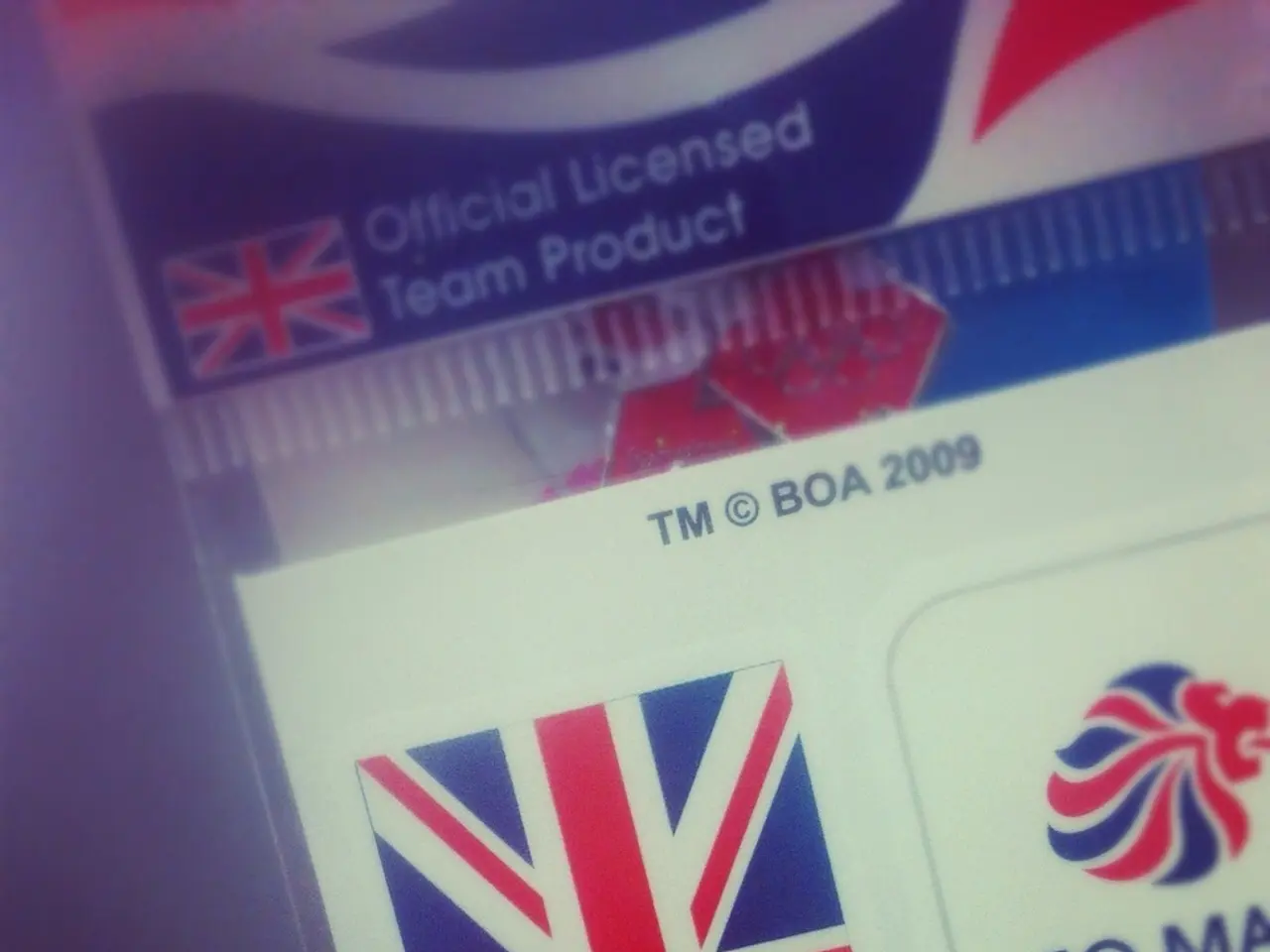Top-tier and Subpar U.S. Password Protection Routines Examined
In a recent survey conducted in April 2024, 2,000 U.S. residents shared insights into their password habits, revealing both encouraging and concerning trends.
**Password Reuse:** A majority of U.S. consumers—61%—reuse passwords across multiple accounts, a habit even more common among younger generations. Only 39% of all users, and slightly fewer Gen Z (38%), Millennials (33%), and Gen X (42%), use a unique password for each account.
**Weak Passwords:** Roughly 30% of users have experienced security breaches due to weak passwords, which are often easy to guess and quickly cracked. The U.S. ranks among the top countries globally for password leaks per capita.
**Security Tools Usage:** About a third of Americans (32%) report using a password manager, which can help generate and store strong, unique passwords.
**Multi-Factor Authentication (MFA):** While not explicitly quantified in the data provided, the recommendation from experts is clear: enabling two-factor or multi-factor authentication is essential for better security, especially after large-scale breaches.
**Cybersecurity Fatigue:** There is a notable sense of resignation and fatigue among consumers, with many feeling overwhelmed or accepting risk as inevitable, particularly in younger demographics.
**Other Security Behaviors:** A minority check for HTTPS (padlock icon) on websites (31%), freeze their credit (22%), or avoid saving card information (35%).
**State-Level Password Security Practices**
While no direct data ranks U.S. states by password security habits, states with the strictest privacy and data protection laws—such as California, Colorado, Connecticut, Virginia, Utah, Iowa, Indiana, Tennessee, Texas, and Oregon—are leading the regulatory charge, potentially fostering a more security-conscious culture among residents and businesses. However, there is no statistical evidence that residents in these states actually use better password practices.
**Best Practices:** - Rhode Island has the best password security habits among states. - Mainers are the highest scorers in the password update frequency category. - A majority of Louisianans exceed the recommended 12-character count for passwords. - Maryland secured fourth place with a score of 46.57.
**Worst Practices:** - Mississippi finds itself third to last, with a score of 1.79. - Wisconsin has the worst password security habits among states. - Oklahoma ranks second-to-last for the state of Oklahoma, with a score of 1.04. - Alabama ranks fourth to last with a score of 3.94.
**Key Takeaways** - Password reuse and weak passwords are widespread nationwide. - Usage of password managers and MFA remains suboptimal. - California and a handful of other states have the strictest privacy laws, but this does not directly correlate with proven superior password practices among residents. - No public data currently identifies specific U.S. states as having the best or worst password security habits.
For improved security, experts recommend using unique, strong passwords for each account, enabling MFA, and adopting password managers—practices that remain underutilized across the U.S. population. The study did not account for Alaska, District of Columbia, Hawaii, Idaho, Montana, Nebraska, North Dakota, South Dakota, Vermont, and Wyoming due to insufficient data. The data or visuals can be used for non-commercial purposes, with proper attribution linking back to the page.
In light of the survey, it is concerning to note that many U.S. consumers (61%) reuse passwords across multiple accounts, potentially leading to increased vulnerability in cybersecurity. Additionally, the adoption of technology, such as password managers or Multi-Factor Authentication (MFA), remains underutilized in the finance sector, which could enhance the security of blogs, casinos, and other online platforms.




